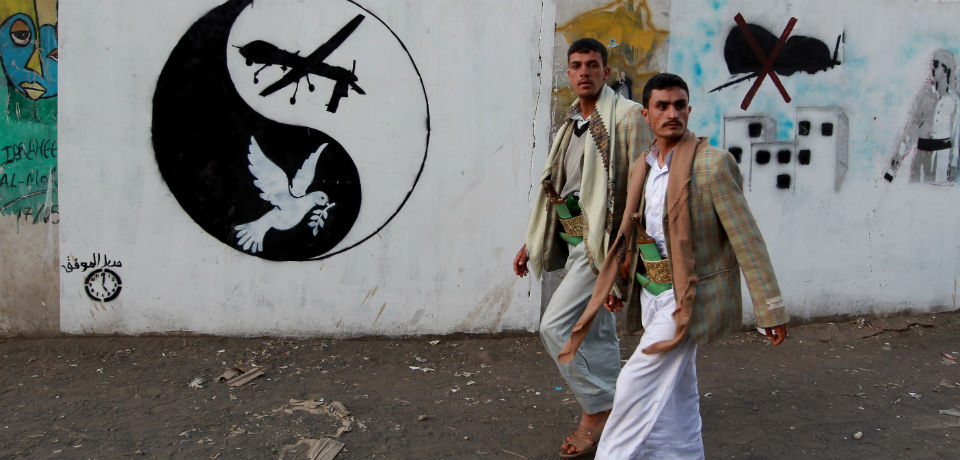Pardon my cynicism, but the “war on terror” (aka “war on violent extremism”) is reminding me more and more of the disastrous U.S. “war on drugs.” That latter campaign, we now know, has been a costly and counterproductive debacle. The United States has spent hundreds of billions of dollars trying to interdict drug shipments, eradicate poppy and coca fields in foreign countries, and round up drug dealers and users here at home, with hardly any lasting or meaningful successes. Narcotics producers just relocate to new areas or develop new products, and smugglers find new routes to bring drugs into the United States, leaving the level of drug abuse largely unchanged. After four decades, the main achievement of the war on drugs was giving the “Land of the Free” the world’s largest prison population.
Similarly, the broad U.S. effort to address the threat from al Qaeda and its like-minded successors seems to be lurching from failure to failure. Indeed, the entire U.S. approach to the greater Middle East has been a costly series of missteps, which is why some of us have called for a fundamental rethinkingof the whole U.S. approach. The GOP would like to blame the current mess on U.S. President Barack Obama, but U.S. Middle East policy is a bipartisan cock-up going back more than 20 years.
In the 1990s, for example, the U.S. government was slow to react to the rise of al Qaeda and repeatedly surprised by attacks in Africa, the Middle East, and elsewhere. To their credit, some officials inside the Clinton administration recognized there was a problem, but Washington never questioned the policies that were fueling extremist movements, including “dual containment,” the overly cozy relationship with Saudi Arabia and Egypt, and unconditional U.S. support for Israel. The result? 9/11.
Read the full article here.
